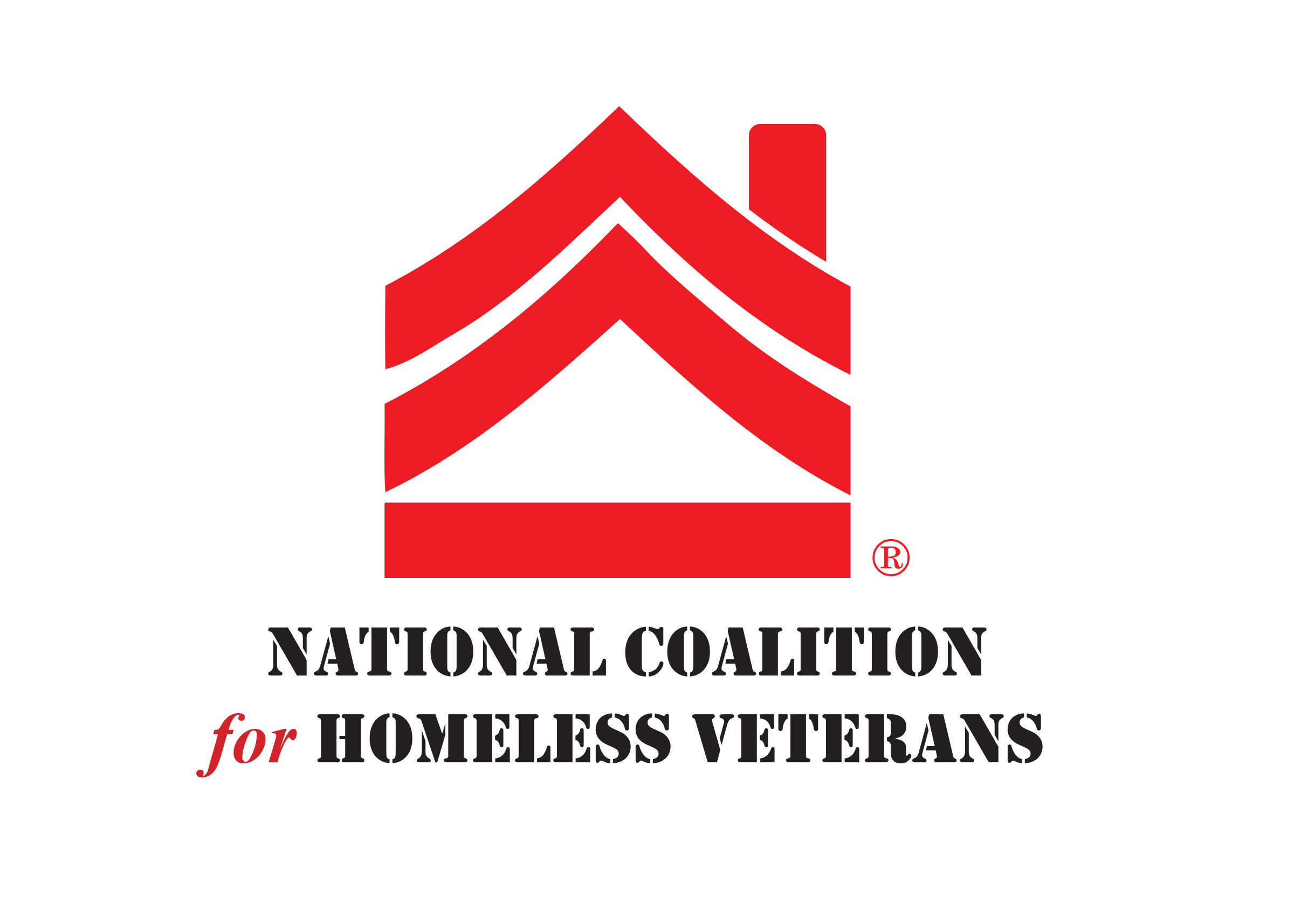Sexual assault and harassment happen at an unacceptable rate in the United States military. The most recent reports from the Department of Defense (DOD) found a rise in instances of military sexual trauma (MST) and a rise in unreported cases.
There is no place in this country where sexual harassment or assault should be considered an acceptable occupational hazard, and each branch of the military must do more to foster a zero-tolerance environment for this behavior, in order to prevent the stigma associated with experiencing, reporting, and/or seeking care related to military sexual trauma (MST).
On the heels of the April murder of Army Specialist Vanessa Guillén by a fellow soldier, the Army investigated ongoing challenges at Fort Hood, where she was based.
The Report of the Fort Hood Independent Review Committee was released recently, and DOD must take the report’s recommendations seriously and apply them across the entire Department, for the challenges at Fort Hood may have highlighted these issues but they are not unique to that installation.
Without thoughtful implementation of the reforms detailed in the report and other reforms demanded by survivors of military sexual trauma, disincentives to reporting MST will remain and perpetrators will not be held accountable.
There has long been stigma around accessing mental health services – particularly in the Black community. Making this even more complicated, for many veterans, the VA is the predominant provider of health and mental health care.
It takes bravery for those who have experienced MST and the military’s culture of shaming survivors, to reach out to the VA to work through issues such as anxiety, PTSD, substance use, and others that manifest themselves. Trauma left undealt with can make life spin out of control.
We need to do better as a community to combat the stigma associated with seeking care. The VA also needs to remove any barriers that make their health care system inaccessible and or unwelcoming so MST survivors can feel comfortable seeking the care they want.
Of note, the VA has found that among VHA users, 25 percent of women and 1percent of male veterans have experienced MST.
Research findings also indicate that within five years of separation, nearly 10 percent of veterans who screen positive for MST also experience homelessness. Moreover, the association between MST and homelessness is strong for all veterans, but stronger for male veterans. While most attention has focused on cases of male perpetrators and female survivors, it is clear that this is an issue that affects all who served even while women are disproportionately impacted.
Given the linkages between MST and veteran homelessness, services targeting veterans experiencing homelessness must adapt to the unique service needs of this population. Congregate transitional housing options may not provide enough security or safety to address the needs of this population, and more resources into housing and shelter options that offer dignity and connection to support services and systems survivors want are needed.
Addressing veteran homelessness requires meaningful solutions to issues contributing to it.
Visit www.nchv.org to learn about the National Coalition for Homeless Veterans.






